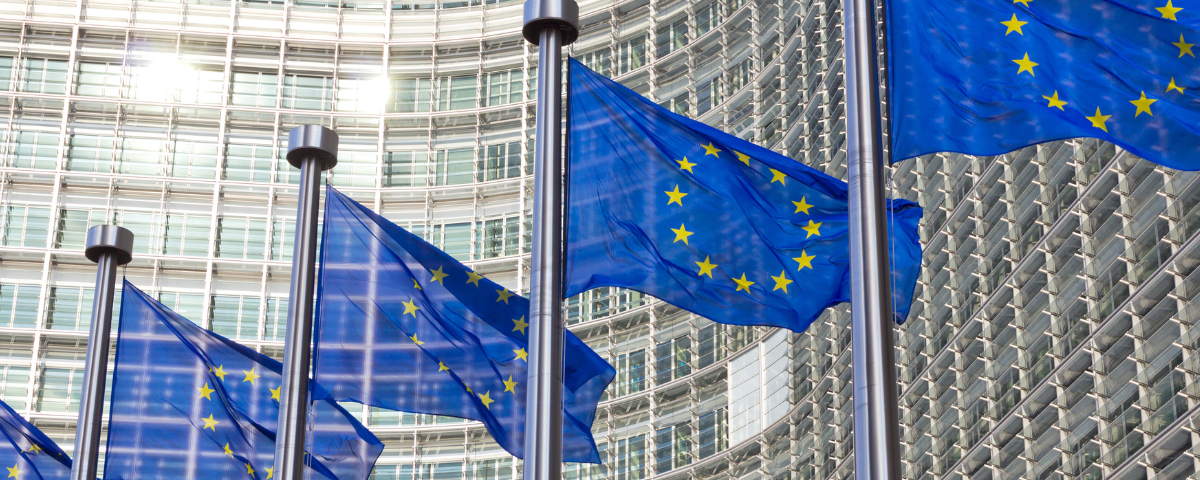EU’s Omnibus Package Waters Down CSRD: Key Changes and Implications
In a significant development, the Corporate Sustainability Reporting Directive (CSRD) has been revised under the EU’s Omnibus Package. The changes, aimed at reducing the regulatory burden on businesses, have sparked mixed reactions across industries. While some welcome the eased requirements, others argue that the revisions dilute the original ambition of the CSRD to enhance corporate transparency and accountability on sustainability matters. Below, we break down the key changes and their implications for businesses.
What is the CSRD?
The CSRD, initially adopted in 2022, was designed to strengthen and expand the scope of sustainability reporting for companies operating in the EU. It aimed to replace the Non-Financial Reporting Directive (NFRD) and introduce more detailed, standardised, and auditable sustainability disclosures. The directive applied to a wide range of companies, including listed SMEs, and required them to report on environmental, social, and governance (ESG) factors.
Key Changes Under the Omnibus Package
The Omnibus Package has introduced several amendments to the CSRD, primarily to reduce the administrative and financial burden on businesses. The most notable changes include:
Reduced Scope for SMEs
Original Requirement: Listed SMEs were required to comply with the CSRD from 2026.
Revised Requirement: Listed SMEs are now exempt from mandatory CSRD reporting until 2029. Even after 2029, SMEs will only need to provide simplified sustainability reports.
Simplified Reporting Standards
Original Requirement: Companies had to adhere to detailed European Sustainability Reporting Standards (ESRS), covering a wide range of ESG topics.
Revised Requirement: The ESRS have been streamlined, with fewer mandatory disclosure topics and more flexibility for companies to focus on material issues.
Extended Deadlines for Non-EU Companies
Original Requirement: Non-EU companies with significant EU operations were required to comply with the CSRD from 2025.
Revised Requirement: The deadline for non-EU companies has been extended to 2027, with additional transitional provisions.
Reduced Audit Requirements
Original Requirement: Sustainability reports had to undergo limited assurance audits, with a future move to reasonable assurance.
Revised Requirement: The requirement for reasonable assurance has been postponed indefinitely, and limited assurance will remain the standard for the foreseeable future.
Flexibility in Double Materiality Assessments
Original Requirement: Companies were required to conduct double materiality assessments, considering both the impact of sustainability issues on their business and their impact on society and the environment.
Revised Requirement: The revised CSRD allows companies to prioritise financial materiality, reducing the emphasis on societal and environmental impacts.
Implications for Businesses
The watering down of the CSRD has both positive and negative implications for businesses:
Benefits
Reduced Burden: Smaller companies and non-EU businesses will face fewer regulatory hurdles, lowering compliance costs.
Greater Flexibility: Companies can focus on material issues that are most relevant to their operations, rather than adhering to a one-size-fits-all approach.
Extended Timelines: The extended deadlines provide businesses with more time to prepare for compliance.
Challenges
Lower Transparency: Critics argue that the revisions undermine the CSRD’s goal of improving corporate transparency and accountability.
Fragmented Standards: The simplified reporting standards may lead to inconsistencies in sustainability disclosures, making it harder for investors and stakeholders to compare performance across companies.
Delayed Progress: The postponement of stricter audit requirements and the reduced emphasis on double materiality could slow down progress toward achieving the EU’s sustainability goals.
What’s Next for Businesses?
While the revised CSRD offers some relief, businesses should not become complacent. Sustainability reporting remains a key priority for investors, consumers, and regulators. Companies should:
Stay Informed: Keep track of further updates to the CSRD and related EU regulations.
Adopt Best Practices: Even with reduced requirements, businesses should aim to align with global sustainability standards to maintain credibility.
Leverage Technology: Invest in tools and systems to streamline data collection and reporting processes.
Engage Stakeholders: Communicate sustainability efforts transparently to build trust with investors, customers, and other stakeholders.
Conclusion
The watering down of the CSRD under the Omnibus Package reflects the EU’s attempt to balance sustainability ambitions with the need to reduce regulatory burdens. While the changes provide short-term relief for businesses, they also raise concerns about the long-term impact on corporate transparency and the EU’s sustainability agenda. Companies must remain proactive, using the extended timelines to build robust sustainability reporting frameworks that go beyond minimum requirements.
Need Help Navigating the Revised CSRD?
Contact us for expert guidance on adapting your sustainability reporting practices to the latest EU regulations. Ensure your business stays compliant and competitive in a rapidly evolving regulatory landscape.

